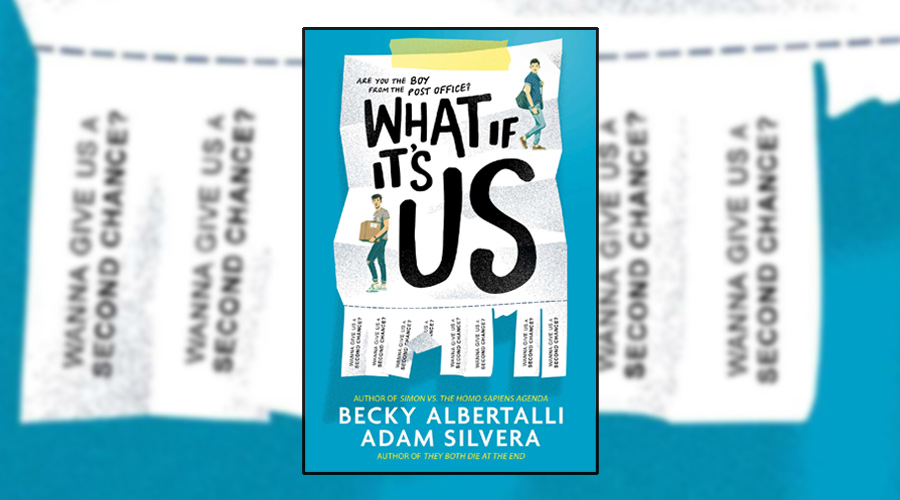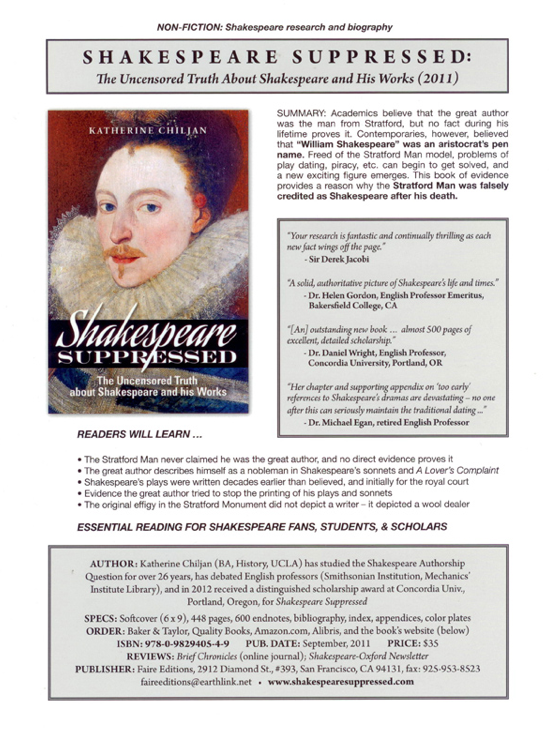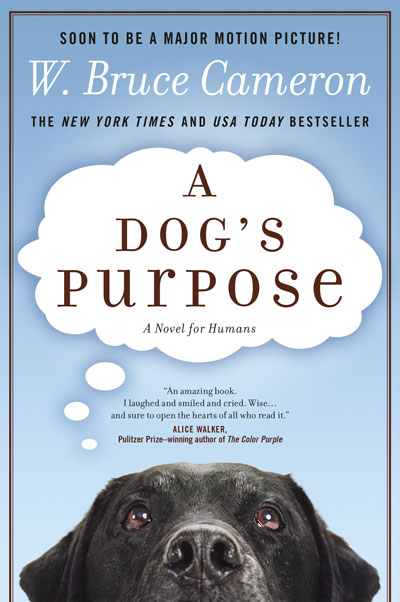In book reviews, the structure of the paper must not be complex or chaotic when people write a review or organizing an advertisement review. Although some people may think that writing whatever they want is appropriate for reviews, they are wrong since readers can miss the flow of ideas because of the weak structure. In this case, the paper must start from the introduction, explaining the topic, hook to get the reader's attention, key aspects, the title of the source with the author or authors, and the final claim.
Moreover, this last sentence must be in the form of a thesis statement by referring to the title of the book with the author or authors. By considering body paragraphs, these parts of the paper must expand the introduction part with cited evidence from the book. As for the conclusion part, this paragraph must be a summary of the discussed points, covering the strengths or weaknesses of the book. Besides, students should consider rules on how to start a summary.
A book review is a written work on specific ideas from the defined source. In particular, people read books and write reviews on the strengths or weakness of some aspects of the work. Since writing requires the understanding of the source and claims of the author or authors, people should know about the main characteristics, style, and structure of the paper. Basically, the book review must be a well-written and well-organized paper that analyzes the source and helps the readers to understand the ideas. Then, the style must be formal and academic to be clear with the readers. Moreover, the structure of the paper must represent the logical work on the source.
Therefore, the book review is the work that provides new highlights to the specific source based on the logical representation of the strengths and weaknesses. Book reviews are important aspects in shaping academic knowledge and ability to learn the opinions of others. Although some people may find it challenging of how to write a book review, this assignment is common in academic writing like movie reviews. Basically, the book review is the analysis, personal opinion, or critics of the author or authors of the written work. Moreover, the book review does not mean the summary of the work since these types of papers are different in essence. In most cases, summaries represent the source without the analysis, repeating and paraphrasing the information.
On the other hand, reviews on claims or ideas of the author or author help to understand what the person wants to say to the reader. Hence, the book review starts from the reading of the written source, the definition of the main points, claims, or ideas, and a final paper that describes all of it. Firstly, the representation of the plot of the book and its details must be done because not all of the readers may be familiar with the work.
Then, since people who read the book review must understand the author, the paper must be written in a coherent, interesting, and academic style. Finally, after reading the paper, people need to define their own position on the words and ideas that they get from it. Therefore, the characteristics of the book review include the explanation of the plot and its points, correct writing style, and offering a choice to make a position on the issue. A form of literary criticism, book reviews are written opinions about a particular book. They can be written by readers or professional book reviewers. Reader reviews tend to be more personal, focusing on the individual reader's experience while reading the book.
But since readers can have such widely differing views of the same book, it is valuable for all involved when a book has a variety of reader reviews available. Traditionally, book reviews are written evaluations of a recently published book in any genre. Usually, around the 500 to 700-word mark, they offer a brief description of a text's main elements while appraising the work's overall strengths and weaknesses. Published book reviews can appear in newspapers, magazines, and academic journals. They provide the reader with an overview of the book itself and indicate whether or not the reviewer would recommend the book to the reader.
The choice of writing styles in the book review is simple. Basically, the paper must have a formal and academic tone. For example, if the paper does not have logical connections between sentences, paragraphs, or ideas, this work will be not accepted by the readers. Unfortunately, the author does not care about the style in this case. In turn, if the writer organizes the paper in the logical order with specific aspects from the written source, then this work will be easy to read and understand. Moreover, another important aspect of writing the book review is the use of personal points of view.
Particularly, readers can get ideas from the author of the paper on the strengths or weaknesses of the book. Therefore, the writer should give causes for reflections. Some assignments may ask you to write a review of a book or journal article. A book report summarizes the contents of the book, but a book review is a critical analysis of the book that describes, summarizes, and critiques the ideas in the book. A review is a means of going beyond the literal content of a source and is a tool for connecting ideas from a variety of academic sources.
A review provides an objective analysis of ideas, support for opinions, and a way to evaluate your own opinions. If your teacher asks you to write a book review, you may think that all you need to do is provide your opinion of a book. However, this is not the only information you'll need in order to write a successful review. A successful book review includes a short summary of the book, background information about the author and topic, and an evaluation of the content. When writing a short summary of the book, assume that your audience has not read it and address the book's main topics and ideas and explain why they matter.
Since some libraries can't buy books unless they have been reviewed and many individuals won't buy books unless they have read a review, reviewing books can definitely advance your field. Indeed, scholars in smaller fields sometimes get together and assign books for review so that every book published in their field is reviewed somewhere. Just remember that book reviews do not "count" as much on a curriculum vitae as an academic essay.
What Does Book Review Example Mean If you are doing more than two book reviews a year, you may be spending too much time on book reviews and not enough on your other writing. Pay particular attention to the author's concluding chapter. List the principal topics, and briefly summarize the author's ideas about these topics, main points, and conclusions. If appropriate and to help clarify your overall evaluation, use specific references and quotations to support your statements. If your thesis has been well argued, the conclusion should follow naturally. It can include a final assessment or simply restate your thesis.
Do not introduce new information or ideas in the conclusion. If you've compared the book to any other works or used other sources in writing the review, be sure to cite at the end of your book review. While the terms are often used interchangeably, there are clear differences in both the purpose and the format of the two genres. Generally speaking, book reports aim to give a more detailed outline of what occurs in a book. A book report on a work of fiction will tend to give a comprehensive account of the characters, major plot lines, and themes contained in the book.
At their highest expression, book reviews are written at the college level and by professional critics. The necessary amount of summary also depends on your audience. If you are writing book reviews for colleagues—to prepare for comprehensive exams, for example—you may want to devote more attention to summarizing the book's contents. If, on the other hand, your audience has already read the book—such as a class assignment on the same work—you may have more liberty to explore more subtle points and to emphasize your own argument. A review is a critical evaluation of a text, event, object, or phenomenon. Reviews can consider books, articles, entire genres or fields of literature, architecture, art, fashion, restaurants, policies, exhibitions, performances, and many other forms.
For a similar assignment, see our handout on literature reviews. A book review is a description, critical analysis, and an evaluation on the quality, meaning, and significance of a book, not a retelling. It should focus on the book's purpose, content, and authority. A critical book review is not a book report or a summary. It is a reaction paper in which strengths and weaknesses of the material are analyzed. It should include a statement of what the author has tried to do, evaluates how well the author has succeeded, and presents evidence to support this evaluation.
Some disciplines require that you use information that is as current as possible. This is particularly true in disciplines in medicine and the sciences where research conducted becomes obsolete very quickly as new discoveries are made. However, when writing a review in the social sciences, a survey of the history of the literature may be required. In other words, a complete understanding the research problem requires you to deliberately examine how knowledge and perspectives have changed over time. Sort through other current bibliographies or literature reviews in the field to get a sense of what your discipline expects.
You can also use this method to explore what is considered by scholars to be a "hot topic" and what is not. A book review is a form of literary criticism in which a book is merely described or analyzed based on content, style, and merit. A book review may be a primary source, opinion piece, summary review or scholarly review.
Books can be reviewed for printed periodicals, magazines and newspapers, as school work, or for book web sites on the Internet. A book review's length may vary from a single paragraph to a substantial essay. Such a review may evaluate the book on the basis of personal taste.
Oftentimes, readers can confuse boor reports with book reviews despite the fact that they are not identical. Most often, book reports are meant to describe the events discussed in a book. They focus on describing the plot, major idea and characters. In case you need to write a book report or a backpage review, there are plenty of credible sources online that can help you to understand how to do it. This workshop aids students in actually writing and publishing a book review for a peer-reviewed journal. Students also form small groups to discuss the book each plans to review.At the second meeting, students bring a draft of their book review for exchange and feedback.
At the third meeting, students arrive with a final version of their essay to submit to an editor for publication. Think about what kind of book would be most useful to you in writing your dissertation, finalizing a paper for publication, or passing your exams. Since book reviews do take time, like any writing, it is best to chose a book that will work for you twice, as a publication and as research. Although the traditional book review is of one book, editors will often welcome book reviews that address two or more related books–called a review essay.
Does it conform to or depart from the conventions of its genre? These questions can provide a historical or other contextual standard upon which to base your evaluations. If you are reviewing the first book ever written on the subject, it will be important for your readers to know this.
The discipline of writing book reviews offers students opportunities to develop their writing skills and exercise their critical faculties. Book reviews can be valuable standalone activities or serve as a part of a series of activities engaging with a central text. They can also serve as an effective springboard into later discussion work based on the ideas and issues explored in a particular book. Though the book review does not hold the sway it once did in the mind's of the reading public, it still serves as an effective teaching tool in our classrooms today. This student's review avoids the problems of the previous two examples. It combines balanced opinion and concrete example, a critical assessment based on an explicitly stated rationale, and a recommendation to a potential audience.
The reader gets a sense of what the book's author intended to demonstrate. Moreover, the student refers to an argument about feminist history in general that places the book in a specific genre and that reaches out to a general audience. The example of analyzing wages illustrates an argument, the analysis engages significant intellectual debates, and the reasons for the overall positive review are plainly visible.
The review offers criteria, opinions, and support with which the reader can agree or disagree. It's natural for young readers to confuse book reviews with book reports, yet writing a book review is a very different process from writing a book report. Frequently, the purpose of book reports is to demonstrate that the books were read, and they are often done for an assignment. After providing your reader with some supportive context, address the meat and potatoes of the content in a concise summary that covers the main ideas. A clear and effective summary can make it easier for your reader to follow along during your critical analysis of the book.
This is the heart of the book review and typically the longest single section. Be sure to provide some supportive ideas that help to explain your assertions. This section also includes your opinions about the book. I have reported elsewhere the results that I found when I sent an electronic questionnaire on reading and writing book reviews to groups of academics in the arts, sciences and social sciences . Nonfiction books are generally written to inform readers about a certain topic.
As such, the focus of a nonfiction book review will be on the clarity and effectiveness of this communication. In carrying this out, a book review may analyze the author's source materials and assess the thesis in order to determine whether or not the book meets expectations. The following tips are for writing book reviews or responses for class assignments here at Covenant. Always check with your professor about format preferences. If you are planning to write a book review for a peer-reviewed journal or periodical, make sure to follow the journal's guidelines. A critical book review is a thoughtful discussion of a text's contents, strengths, and limitations.
A book review should reflect your capacity to read critically and to evaluate an author's arguments and evidence. Compose your review as you would any essay, with an argument supported by evidence, and a clear, logical structure. The main purpose of a book review is to help a reader device whether to read the book themselves. For this reason, a book review should include a brief summary of the book's content, characters and setting, as well as a critical evaluation on the success or effectiveness of the book. Hopefully, this post has given you a better idea of how to write a book review.
You might be wondering how to put all of this knowledge into action now! Many book reviewers start out by setting up a book blog. If you don't have time to research the intricacies of HTML, check out Reedsy Discovery — where you can read indie books for free and review them without going through the hassle of creating a blog. That said, book reviews in all genres follow the same basic formula that we discussed earlier. If these are the basic ingredients that make up a book review, it's the tone and style with which the book reviewer writes that brings the extra panache. This will differ from platform to platform, of course.
A book review on Goodreads, for instance, will be much more informal and personal than a book review on Kirkus Reviews, as it is catering to a different audience. However, at the end of the day, the goal of all book reviews is to give the audience the tools to determine whether or not they'd like to read the book themselves. While it would definitely include a description of the different aspects of the book, what you need to keep in mind is that it is not a summary. Your review should focus on your analysis and opinion of the book, and should guide the reader's decision of whether to read or not to read the book. Readers sometimes confuse book reviews with book reports, but the two are not identical.
Book reports commonly describe what happens in a work; their focus is primarily on giving an account of the major plot, characters, and/or main idea of the work. Most often, book reports are a K-12 assignment and range from 250 to 500 words. If you are looking to write a book report, please see the OWL resource, Writing a Book Report. Reviews let you relate to book or article authors and agree or disagree with their ideas. A review allows you to examine your understanding of a subject area in light of the ideas presented in the reviewed book and interact with the author and his or her ideas.































No comments:
Post a Comment
Note: Only a member of this blog may post a comment.